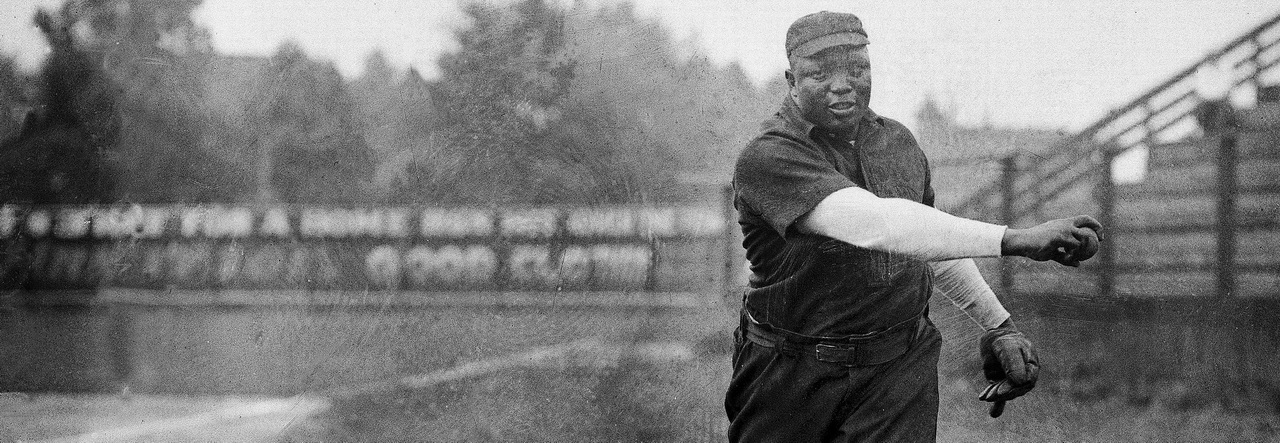#Baltimore Black Sox
Ned Garvin should start a rehab assignment some time this week, which is great news for a struggling Baltimore staff. The team won’t make any changes for now, but both Johnny Sain and the surprising John Tudor are pushing to replace Connie Johnson and/or Jim Palmer in the rotation. Garvin did indeed begin a stint at AAA, with many in the organization paying very close attention.
Frank Robinson might be emerging from his early season doldrums, going 3 for 4 with 2 homeruns in a 4-1 victory over Los Angeles. Dennis Martínez continued his strong start, improving to 3-1 with 7 strong innings, allowing 6 hits and a single run for the Black Sox, with Joe Beggs picking up his 2nd save of the year.
Baby Doll Jacobsen hit the DL with a sprained knee, with Cal Ripken, Jr. being recalled.
Gavvy Cravath had 2 hits, including a walkoff grand slam as the Black Sox came back to win 8-6 over the Black Yankees.
#Cleveland Spiders
Yordano Ventura was pressed into emergency duty as a starter and performed magnificently, allowing 4 hits and 2 runs in 7 innings, but he was not involved in the decision as the Spiders came from behind for a 3-2 win over Miami. Lance Berkman went deep twice for Cleveland.
#Detroit Wolverines
The Wolverines put on the largest beatdown of the WBL season so far, a 23 to 5 thrashing of Portland. Charlie Gehringer drove in 7 and Bob Bailey 4 while Bailey, Billy Nash, and Ed Bailey each scored 4 times. Bob Bailey and Juan Beníquez each had 3 hits for Detroit. Ed Bailey walked 4 times and Gehringer, Bob Bailey, and Hank Greenberg each went deep. Gene Conley wasn’t great, but he didn’t have to be as he improved to 1-2 with an 8 inning effort.
Ty Cobb went deep twice as the Wolverines pulverized Memphis, 15-3. Gehringer and Chili Davis had 3 hits each, with Cobb and Davis driving in 3 runs as part of a 16 hit attack. Charlie Root threw a strong 8 innings, earning his first win of the year.
Ernie Lombardi and Greenberg had 3 hits each (with Greenberg smacking 3 doubles), and Bob Bailey and Al Kaline had 3 RBI’s each as Detroit trounced the Red Sox, 13-6.
#Memphis Red Sox
The Red Sox clearly need to find more playing time for Travis Shaw and David Ortiz, who combined to go 5 for 8 with 7 RBIs and 3 homeruns (2 for Shaw) in a 10-7 win over the Black Yankees. Memphis roared out to a 10-1 lead then had to survive a bad outing from Andrew Miller for the win, which went to David Bush who threw 4 plus hitless innings in relief of an injured Shane Bieber.
#New York Black Yankees
After a rough start, Thurman Munson is starting to come around. The Black Yankee backstop had 3 hits, including 2 homeruns, and drove in 5 as New York topped Memphis, 9-2. Andy Pettitte had a solid outing, improving to 2-1.
Lou Gehrig went deep twice, leading the Black Yankees to a 4-3 win over Baltimore. Jack Scott improved to 2-2 with a solid outing and Goose Gossage picked up his 2nd save of the season.
